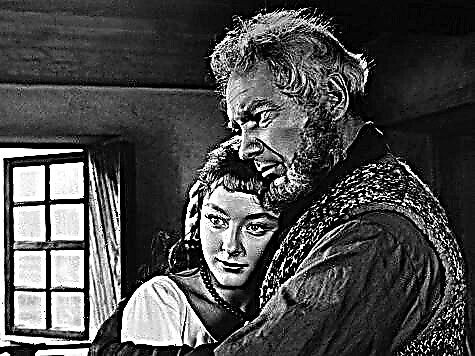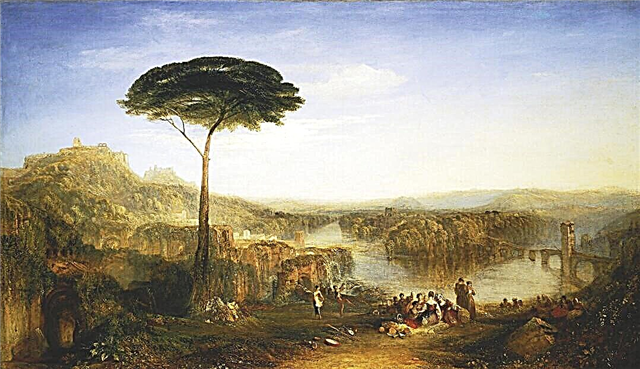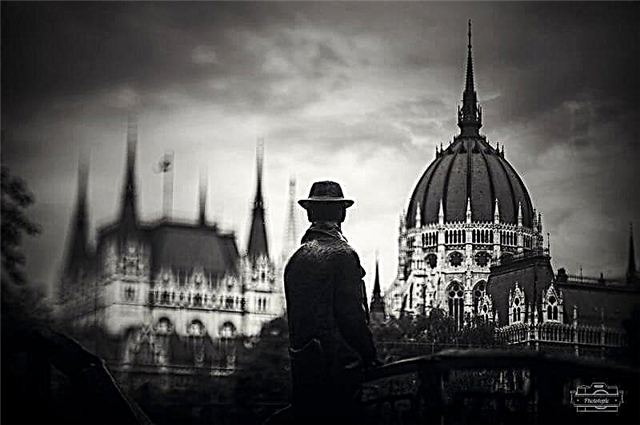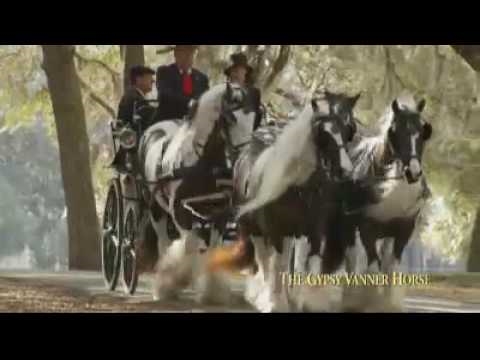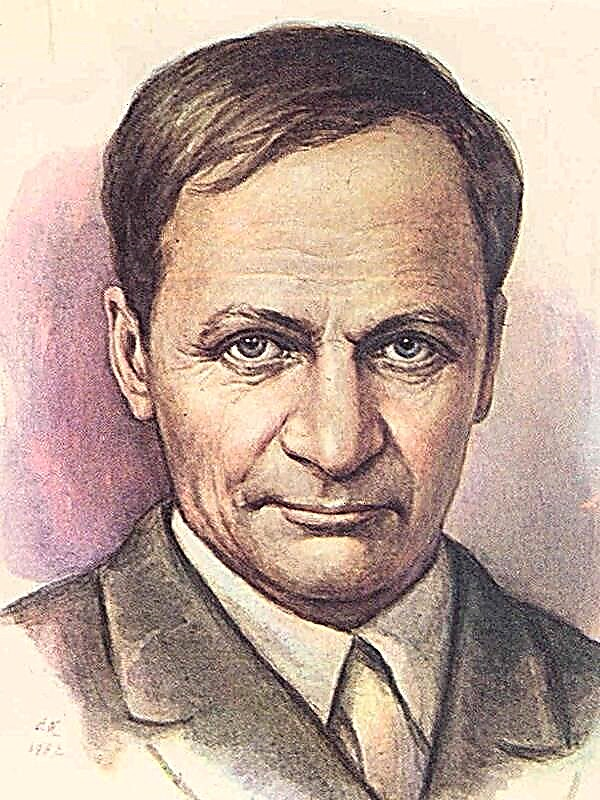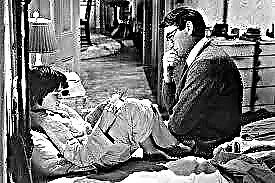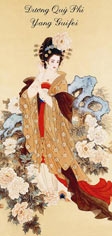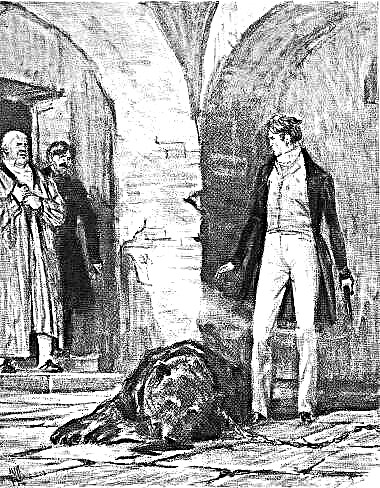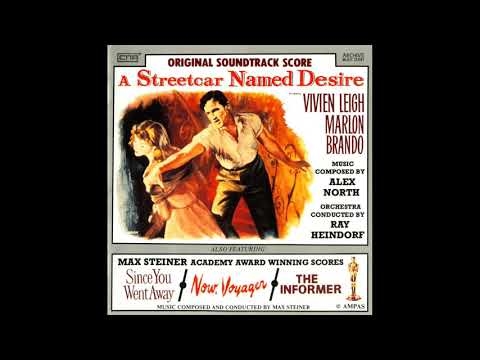“Consistent with the law, Cincinnatus Ts. Cincinnatus’s unforgivable fault is its“ impermeability ”,“ opacity ”for the others who are terribly similar (the jailer Rodion now and then turns into the director of the prison, Rodrig Ivanovich, and vice versa; the lawyer and prosecutor must by law to be single-parent brothers, but if you can’t pick them up, they are made up to look like), “transparent souls for each other”. This peculiarity is inherent in Cincinnatus from childhood (inherited from his father, as his mother, Cecilia Ts., Cunning, curious, with an oilcloth waterpuff and with an obstetric bag, tells him when visiting a prison), but for some time he manages to hide his difference from the others . Cincinnatus begins to work, and in the evenings revels in old books, addicted to the mythical XIX century. Moreover, he is engaged in the manufacture of soft dolls for schoolgirls: "there was a small hairy Pushkin in a bekkesh, and a rat-like Gogol in a flowery vest, and an old man Tolstoy, a fat-nosed one, in a zipun, and many others." Here, in the workshop, Cincinnatus meets Marfinka, whom she marries when he turns twenty-two and is transferred to a kindergarten as a teacher. In the first year of marriage, Marfinka begins to cheat on him. She will have children, a boy and a girl, not from Cincinnatus. The boy is lame and angry, the fat girl is almost blind. Ironically, both children fall into the care of Cincinnatus (in the garden he was entrusted with "lame, hunchbacked, slanting" children). Cincinnatus ceases to monitor itself, and its “opacity” becomes visible to others. So he is imprisoned in a fortress.
Upon hearing the verdict, Cincinnatus tries to find out when the execution is scheduled, but the jailers do not tell him. Cincinnatus is taken out to look at the city from the tower of the fortress. Twelve-year-old Emmochka, daughter of the director of the prison, suddenly seems to Cincinnatus the embodied promise of escape ... The prisoner spends time watching magazines. He takes notes, trying to comprehend his own life, his personality: “I am not simple ... I am the one who lives among you ... Not only my eyes are different, but my hearing and taste are not only the smell of a deer, but touch, like a bat, but the main thing: the gift to combine all this at one point ... "
Another prisoner, a beardless fat man of about thirty, appears in the fortress. Neat prisoner pajamas, morocco shoes, blond hair, parted in the middle, between the raspberry lips, wonderful, even teeth whiten.
The promised Cincinnatus meeting with Marfinka is postponed (by law, a meeting is allowed only after a week after the trial). The director of the prison solemnly (on the tablecloth and a vase with cheeky peonies) introduces Cincinnatus to his neighbor, M. Pierre. Pierre, who has visited Cincinnatus in the cell, is trying to amuse him with amateur photographs, most of which depict himself, with card tricks, and jokes. But Cincinnatus, to the offense and dissatisfaction of Rodrig Ivanovich, is closed and unfriendly.
The next day, not only Marfinka came to see him, but her whole family (father, twin brothers, grandfather and grandmother - "so old that they already shone through", children) and, finally, a young man with an impeccable profile - the present Cavalier Marfinki. Arriving also furniture, household utensils, parts of the walls. Cincinnatus fails to say a word alone with Marfinka. Father-in-law doesn’t stop reproaching him, the brother-in-law persuades him to repent (“Think how unpleasant it is when you chop the head off”), the young man begs Marfinka to put on a shawl. Then, having collected things (porters take out furniture), everyone leaves.
In anticipation of the execution, Cincinnatus even more acutely feels its dissimilarity to everyone else.In this world, where “the substance is tired: time was napping sweetly,” in the imaginary world, perplexed, only a small fraction of Cincinnatus wanders, and its main part is in a completely different place. But even so, his real life “too penetrates”, causing rejection and protest from others. Cincinnatus returns to interrupted reading. The famous novel, which he reads, has the Latin name “Quercus” (“Oak”) and is a biography of the tree. The author tells about those historical events (or the shadow of events) that an oak tree might have witnessed: either it’s a dialogue of warriors, then a halt of robbers, then the flight of a nobleman from royal anger ... Between these events, the oak is considered from the point of view of dendrology, ornithology and other sciences, provides a detailed list of all monograms on the cortex with their interpretation. Much attention is paid to the music of the waters, the dawn palette and the behavior of the weather. This is undoubtedly the best that was created by the time of Cincinnatus, but it seems to him distant, false, dead.
Exhausted by the executioner's arrival, his execution, Cincinnatus falls asleep. Suddenly a rapping wakes him, some scraping sounds, clearly audible in the night silence. Judging by the sounds, this is a dig. Until morning Cincinnatus listens to them.
Sounds resume at night, and day after day Cincinnatus comes to Monsieur Pierre with vulgar conversations. The yellow wall gives a crack, opens with a roar, and from the black hole, choking on laughter, crawl out M. Pierre and Rodrig Ivanovich. Mrs. Pierre invites Cincinnatus to visit him, and he, seeing no other possibility, crawls along the aisle ahead of Miss Pierre into his cell. Msieu Pierre expresses joy over his friendship with Cincinnatus, which was his first task. Then M. Pierre unlocks with a key the large case in the corner, in which there is a wide ax.
Cincinnatus climbs back along a dug passage, but suddenly finds himself in a cave, and then through a crack in a rock gets out into the wild. He sees a smoky, blue city with windows like hot coals, and rushes down. Because of the ledge of the wall, Emmochka appears and leads him along. Through a small door in the wall they fall into a darkish corridor and find themselves in the director's apartment, where in the dining room at the oval table they drink tea by the family of Rodrig Ivanovich and M. Pierre.
As is customary, on the eve of the execution, Messrs. Pierre and Cincinnatus are visiting all the top officials. In honor of them, a lavish dinner is arranged, illumination burns in the garden: the monogram "P" and "Ts" (not quite, however, which came out). M. Pierre, as usual, in the spotlight, but Cincinnatus is silent and absent-minded.
In the morning, Marfinka comes to Cincinnatus, complaining that it was difficult to get permission (“Of course, I had to make a small concession, in a word, a normal story”). Marfinka talks about a meeting with Cincinnatus’s mother, that a neighbor is marrying her herself, ingeniously offers Cincinnatus herself (“Leave. What nonsense,” Cincinnatus says). Marfinka is beckoned by a finger stuck in the door that opens, she disappears for three quarters of an hour, and Cincinnatus, during her absence, thinks that she not only did not begin an urgent, important conversation with her, but she cannot even express this important now. Marfinka, disappointed in the date, leaves Cincinnatus ("I was ready to give everything to you. It was worth trying").
Cincinnatus sits down to write: “This is the dead end of the life here, and not in its narrow limits to seek salvation.” Mrs. Pierre and her two assistants appear, in whom it is almost impossible to recognize the lawyer and director of the prison. A bay nag drags a peeling stroller down with them into the city. Having heard about the execution, the public begins to gather. The scarlet scaffold platform rises in the square. Cincinnatus, so that no one touches him, has to almost run to the platform. While preparations are underway, he looks around: something has happened with the lighting - with the sun is dysfunctional, and part of the sky is shaking. One after another, poplars are falling, with which the square is planted.
Cincinnatus takes off his shirt and lies on the chopping block. He begins to count: “one Cincinnatus was counting, and the other Cincinnatus had already stopped listening to the receding ringing of an unnecessary account, got up and looked around.” The executioner has not quite stopped yet, but the railing shines through his torso. Spectators are completely transparent.
Cincinnatus slowly descends and walks through unsteady litter. Behind him, the platform collapses. Rodrigue, many times reduced, unsuccessfully tries to stop Cincinnatus. A woman in a black shawl carries a little executioner in her arms. Everything sprawls and falls, and Cincinnatus walks among dust and fallen things in the direction where, judging by the voices, people like him stand.

